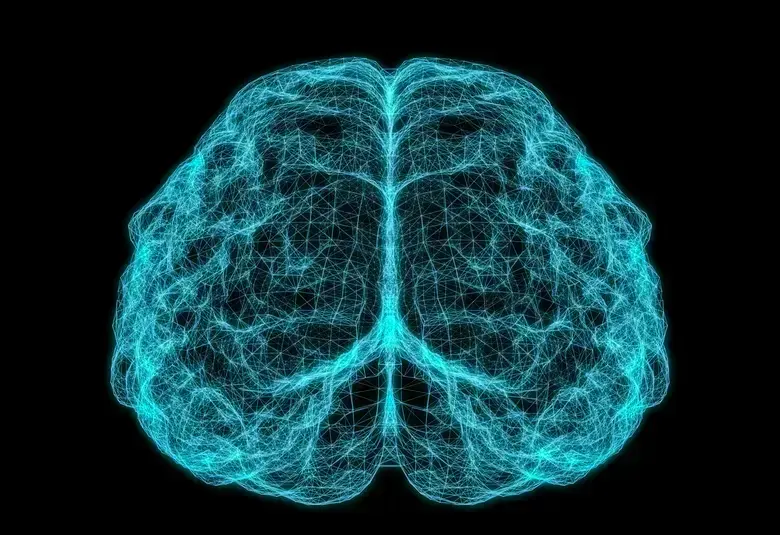Cognitive dysfunction associated with bipolar disorder is a strong predictor of disability and poor quality of life and is a key treatment priority. But the cognitive phenotypes are heterogeneous and up to 60% of people with bipolar disorder have no cognitive impairment. Novel insights into the neurobiological mechanisms causing cognitive dysfunction were presented by a cross-institutional panel of experts at the ISBD 2020 virtual conference.
Cognitive deficits vary — three neurocognitive subgroups
Most of the cognitive heterogeneity cannot be explained by clinical subtype of bipolar disorder
Bipolar disorder (BD) is generally associated with typical cognitive development until shortly before the first episode, and from then on cognitive impairment can be seen to occur with each episode,1 said Professor Katherine Burdick of Brigham & Women's Hospital, Harvard Medical School. But the severity of cognitive deficit varies and 60% of people with BD who do not have psychosis have no cognitive impairment.2
Most of this cognitive heterogeneity cannot be explained by the clinical subtype of BD, she added, though a history of psychosis is associated with increased cognitive deficits.3
Inflammatory biomarkers are, however, linked to the dysfunction, said Professor Burdick, and include:
- C-reactive protein4
- circulating tumor necrosis factor, which appears to partially mediate the relationship between previous severe mood episodes and executive function5
Three neurocognitive subgroups have been identified by Professor Burdick and her colleagues — an intact group, a selectively impaired group, and a globally impaired group with severe deficits across all cognitive domains comparable with deficits in schizophrenia.5
Professor Burdick suggested that these results and ongoing research suggest that early life and illness-associated factors contribute to different cognitive outcomes, supporting both neurodevelopmental and neuroprogressive roles in BD.
Aberrant activity in the dorsal prefrontal cortex (DPFC) and default mode network (DMN)
A systematic review of 100 functional magnetic resonance imaging (MRI) studies in mood disorders investigating the neuronal correlates of cognitive domains, and nine studies investigating the neuronal basis for cognitive improvements, was presented by Professor Kamilla Miskowiak, University of Copenhagen.
Impairments across several cognitive domains were consistently accompanied by abnormal (hypo- or hyper-) activity in the dorsal prefrontal cortex (DPFC) cognitive control regions, and failure to suppress default mode network (DMN) activity. Activity in these regions commonly changed with cognitive improvements.6
Cerebellar dysconnectivity
Cerebellar dysconnectivity impairs information processing speed
Psychotic disorders are linked to cognitive deficits, which include impaired information processing speed, said Professor Roscoe Brady, Beth Israel Deaconess Medical Center and Harvard Medical School.
Cerebellar dysconnectivity impairs information processing speed, he said, and left parietal–cerebellar connectivity is linked to social cognition and functional outcome.7
For the latest updates on sea.progress.im, subscribe to our Telegram Channel https://bit.ly/telePiM
Our correspondent’s highlights from the symposium are meant as a fair representation of the scientific content presented. The views and opinions expressed on this page do not necessarily reflect those of Lundbeck.




